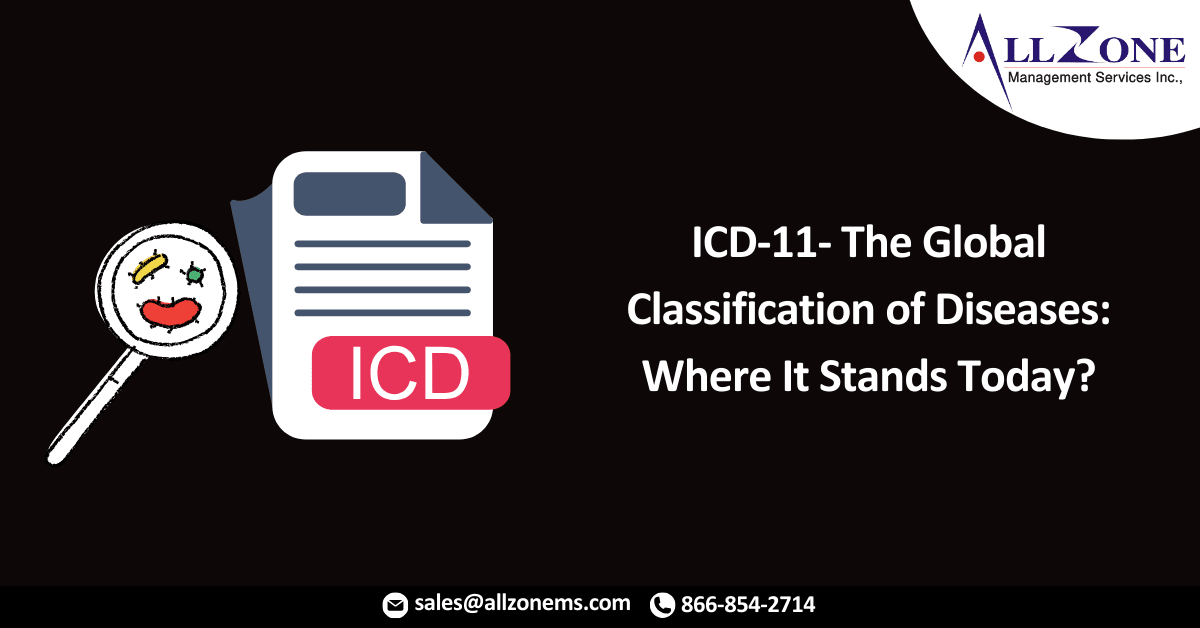Accurate medical billing begins with one essential step: completing the correct medical billing claim form. These forms are the backbone of the reimbursement process, helping practices capture the full value of the services they provide. Whether you are a healthcare provider or a medical billing company, understanding claim forms—how they work, why they matter, and […]
Coding accuracy is no longer “just an operational metric” — it’s now tied directly to reimbursement efficiency, regulatory compliance, and overall financial stability for healthcare practices. As we move through 2025, medical coders, billing specialists, and provider organizations are facing a surge in denial complexity, stricter payer edits, and deeper scrutiny of clinical documentation. And […]
In medical billing, modifiers play a vital role in ensuring accurate reimbursement, especially during the postoperative period. The postoperative period refers to the specific timeframe following a surgical procedure when related care is typically included in the surgical package and not separately reimbursable. However, certain situations require physicians to perform additional procedures or unrelated services […]
Errors, delays, and denials can significantly impact a practice’s revenue cycle, leading to financial strain and operational inefficiencies. Artificial Intelligence (AI) offers a powerful solution to streamline and optimize medical billing processes, specifically through AI-powered medical billing solutions. At Allzone MS, we understand the challenges healthcare providers face and are committed to leveraging AI to […]
The financial impact of VBC is profound, necessitating adjustments in how providers approach and manage their financial operations to align with this new model of care. The healthcare industry is shifting towards value-based care (VBC), a model that prioritizes high-quality care while aiming to lower costs. In contrast to the traditional fee-for-service model, value-based care […]
A proposal to track prior authorization using CPT codes was pulled back for revision after a surprising finding. An urologist, advocated for the plan to compensate physicians for time spent on prior authorization requirements. He also hoped it would streamline the process and improve patient care. However, the American Medical Association (AMA) informed urologist that […]
Revenue cycle leaders were asked to rank the most time-consuming tasks at their organization, and the results aren’t surprising. 556 chief financial officers and revenue cycle leaders at hospitals and health systems across the United States were asked to rank the most time-consuming revenue cycle tasks at their organizations in a new survey commissioned by […]
The new code set has been officially adopted by 35 countries. The World Health Organization (WHO) officially unveiled the first version of ICD-11 in February 2022, marking the eleventh version of the International Classification of Disease (ICD) as officially implemented. Recently, in February 2023, the WHO announced the release of ICD-11 2023 version, just a […]
A new final rule from the Centers for Medicare and Medicaid Services (CMS) will make it harder for Medicare Advantage (MA) plans to require prior authorizations for their coverage The rule comes in the wake of a 2022 report from the Office of Inspector General of the US Department of Health and Human Services that […]
Two letters. They’re enough to give your patients more anxiety than any treatment, test or injection. A recent survey by the Pew Research Center shows it: Sixty percent of Americans said they would be uncomfortable with their provider relying on artificial intelligence (AI) in their own health care. But when used responsibly, artificial intelligence can […]










